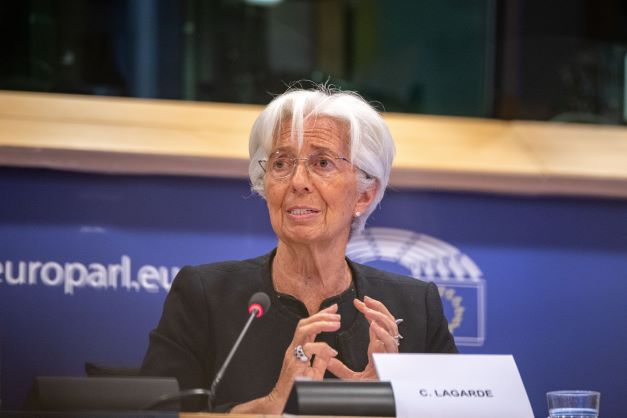ECB boss pledges to MEPs to fight inflation and restore confidence

The European Central Bank President announced future interest hikes, while MEPs voiced concerns about rising energy and food prices, and mortgage rates.
During the third hearing this year with the European Central Bank President Christine Lagarde, MEPs in the Economic and Monetary Affairs Committee discussed how to avoid fragmentation between member states and reduce inflation uniformly across the euro area. MEPs focused on a planned deployment of the Transmission Protection Instrument, (TPI) which aims to ensure that the ECB monetary policy is effectively applied in all euro area members to ensure price stability.
MEPs asked how the ECB would decide a country’s eligibility for assets purchase and wondered whether buying the debt of heavily indebted countries could fuel inflation and encourage a moral hazard. The President said that the TPI is intended to ensure the ECB’s monetary policy is properly implemented, through targeted action in countries that fulfil the eligibility criteria (compliance with the EU fiscal framework, absence of severe macroeconomic imbalances, sustainable public debt and sound and sustainable macroeconomic policies).
Energy and food
Amid rising energy and food prices as well as interest rate hikes, MEPs inquired about mid-term inflation and the growth outlook, anticipated rate increases, as well as possible action against rising mortgage interest rates.
Ms Lagarde highlighted the extremely challenging environment and uncertainty in the ECB projections, with varying mid-term inflation and recession expectations. In this context, she stressed that fighting inflation is a must to restore confidence. In her reply to inquiries about the rate hikes, she explained that there are more to come until a neutral monetary policy is achieved that neither stimulates nor tightens the economy and does not push up inflation.
Addressing the MEPs’ concerns about the governments’ actions mirroring the ECB policy, the President highlighted the need for temporary, tailored and targeted measures by member states to help vulnerable citizens. National agencies should take protective actions against rising mortgage interest rates and banks passing their costs onto borrowers, she concluded.
